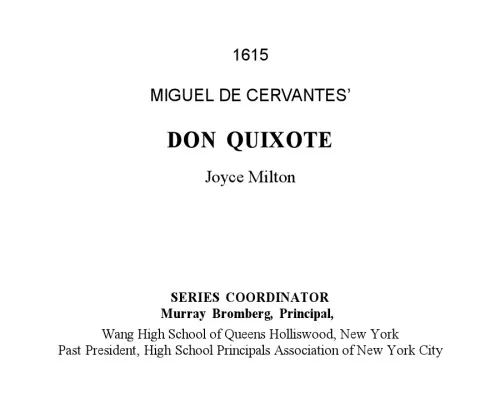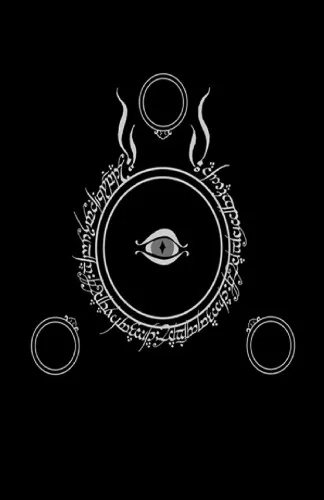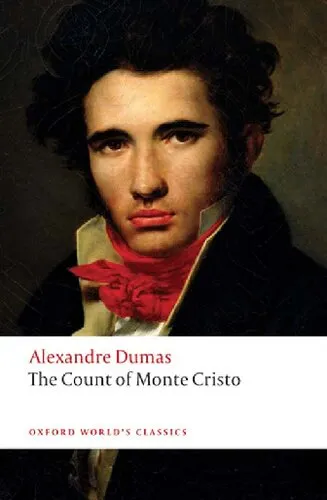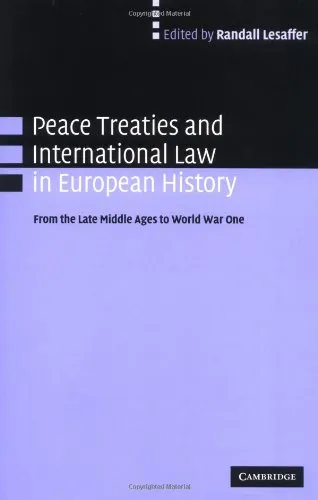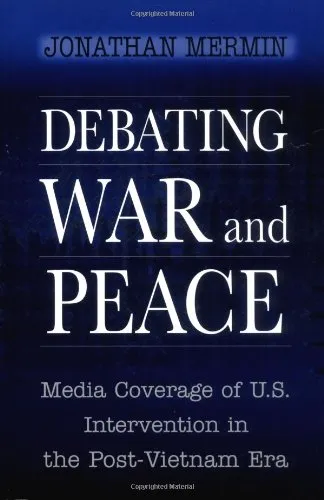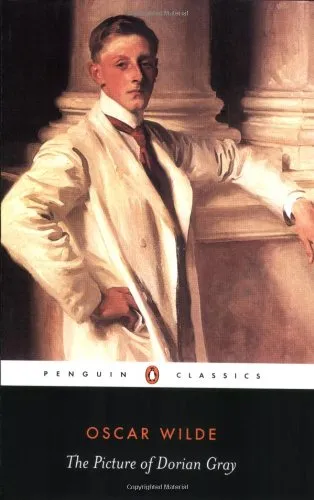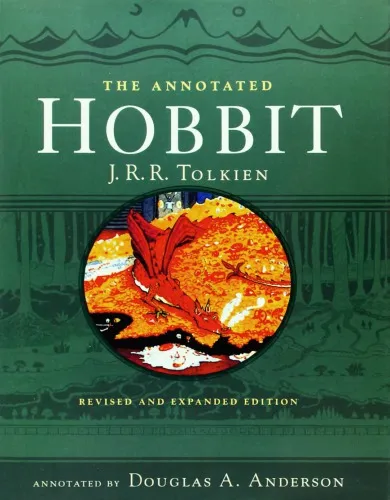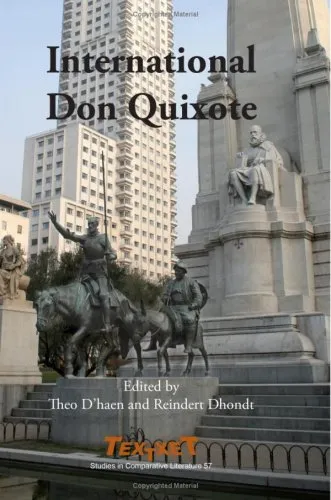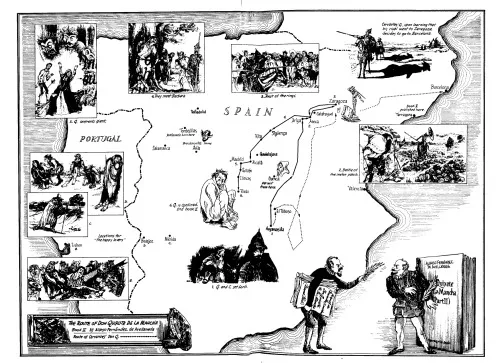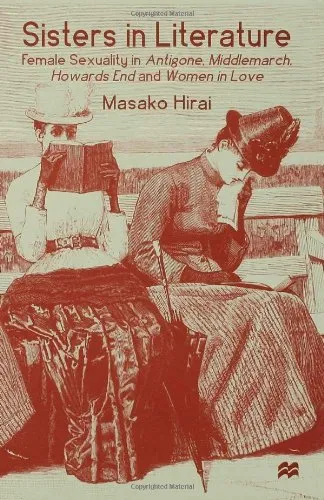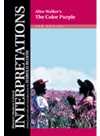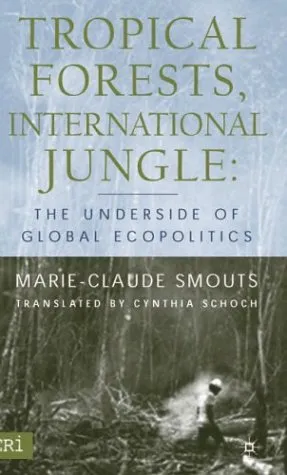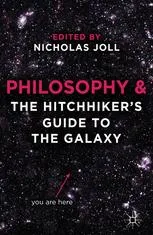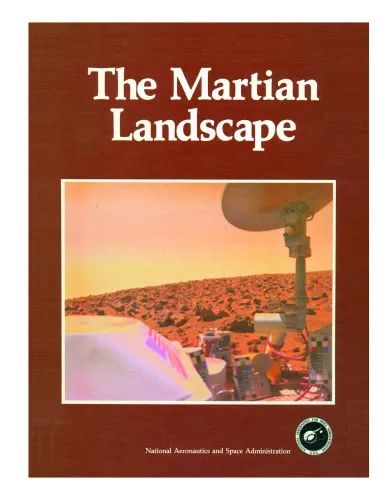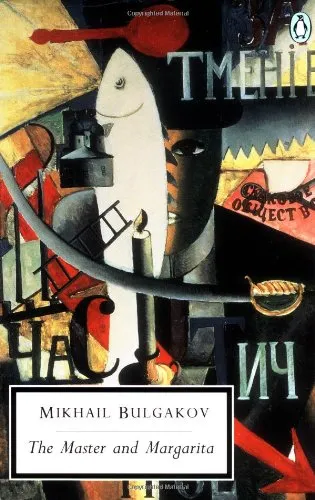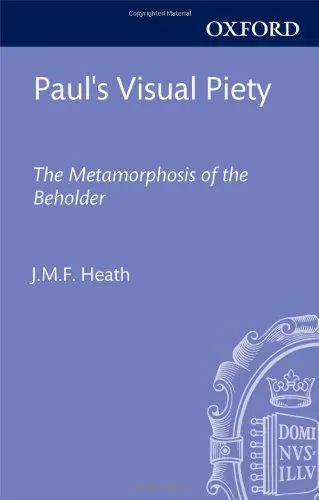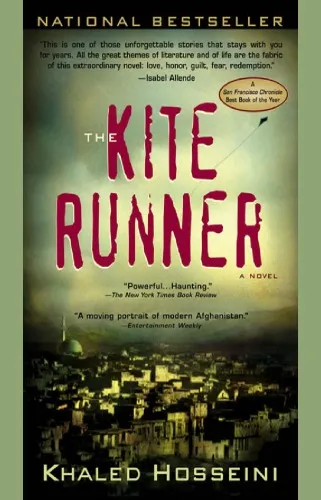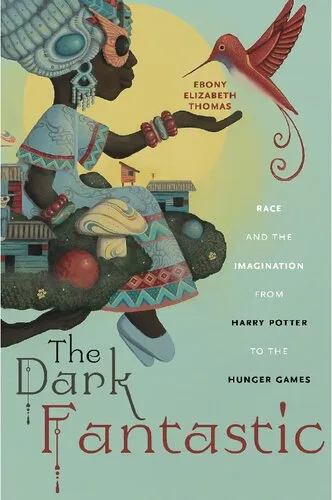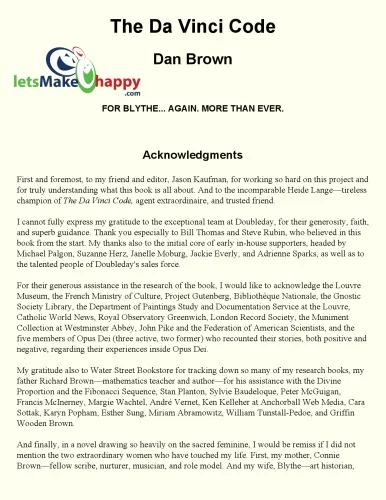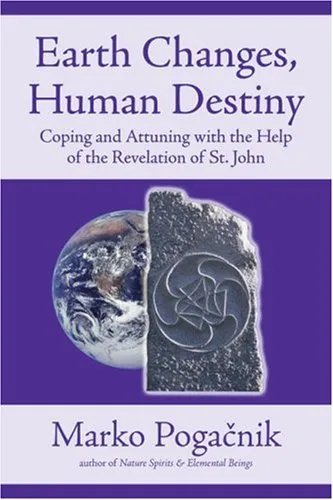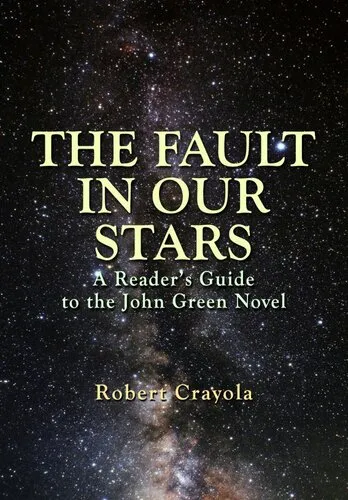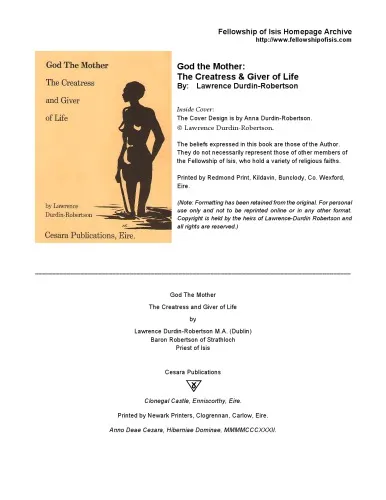Miguel de Cervantes’ Don Quixote
4.5
بر اساس نظر کاربران

شما میتونید سوالاتتون در باره کتاب رو از هوش مصنوعیش بعد از ورود بپرسید
هر دانلود یا پرسش از هوش مصنوعی 2 امتیاز لازم دارد، برای بدست آوردن امتیاز رایگان، به صفحه ی راهنمای امتیازات سر بزنید و یک سری کار ارزشمند انجام بدینکتاب های مرتبط:
مقدمهای بر کتاب 'Miguel de Cervantes’ Don Quixote'
'دن کیشوت' اثر ماندگار Miguel de Cervantes، یکی از شاهکارهای ادبیات جهانی است که در سال 1605 منتشر شد. این رمان به عنوان اولین رمان مدرن شناخته میشود و تأثیر بسزایی در شکلگیری ادبیات و داستاننویسی مدرن داشته است. داستان پیرامون سرگذشت یک نجیبزاده اسپانیایی است که به دلیل مطالعه بیش از حد رمانهای جوانمردانه، دچار توهم میشود و به یک شوالیه سرگردان تبدیل میشود.
خلاصهای از کتاب
'دن کیشوت' داستان آلونسو کیخانو، نجیبزادهای اهل لامانچا است که به دلیل علاقمندی بیش از حد به کتابهای شوالیهگری، دچار توهم و خیالات غیرواقعی میشود. او نام خود را به دن کیشوت تغییر میدهد و در جستجوی ماجراجویی و نجات بیگناهان، به سفری پرآسیب آغاز میکند. همراه با سانچو پانزا، خدمتکار وفادار و واقعگرای خود، دن کیشوت با مشکلات و خطرهای مختلفی مواجه میشود که میتوانند تا به تخیل و واقعیت خندهداری برسند.
در طول داستان، دن کیشوت با توهمات خود مبارزه میکند و سعی در ایجاد جهان بهتر و عادلانهتری دارد. او تلاش میکند تا ارزشهای جوانمردانه را به کار گیرد و به پوچیهای جامعه مدرن اعتراض کند. این اثر نه تنها به عنوان یک داستان طنزآمیز شناخته میشود، بلکه به عنوان نقد اجتماعی قوی نیز در نظر گرفته میشود.
نکات کلیدی
- تحلیل شکنندگی مرز بین واقعیت و خیال.
- تعریف جدیدی از مفهوم قهرمان و شوالیهگری.
- بیانی فلسفی درباره هویت و شرافت انسانی.
- نقد اجتماعی شدید به نهادها و عرف زمان خود.
جملات معروف از کتاب
یکی از جملات معروف دن کیشوت که نشاندهنده فلسفه او است: "هنوز شکوه و جلال بیشتری وجود دارد، حتی اگر به خیال و وهم باشد." این جمله نمایانگر روحیه مثبت و امیدبخش شخصیت دن کیشوت است که به رغم ناملایمات، همچنان رؤیاهای خود را دنبال میکند.
دیگر جمله معروف که به زبان سانچو پانزا بیان میشود: "نه حقیقت آنگونه است که حتماً باید باشد، و نه خیالات همیشه بیهودهاند." سانچو با واقعگرایی و عقلانیاش پیوندی محکم با دن کیشوت دارد و دیدگاه عملیتری به ماجراها ارائه میدهد.
چرا این کتاب مهم است؟
'دن کیشوت' یکی از اولین رمانهایی است که به شکلی جدید و خلاقانه به تحلیل انسان و جامعه پرداخته است. این اثر به ما نشان میدهد که چگونه رؤیاها و توهمات میتوانند نیروی محرکهای برای تغییر و تلاش باشند، حتی اگر در ابتدا بیمعنی به نظر برسند. 'دن کیشوت' همچنین با طنز ظریف خود، توانسته نگاهی انتقادی و تیزبین نسبت به جامعه و نهادهای آن زمان ارائه دهد. به همین دلیل، این رمان نه تنها در زمان خود برجسته بوده، بلکه همچنان به عنوان اثری الهامبخش و نامیرا باقی مانده است.
Miguel de Cervantes’ Don Quixote: An Introduction
Widely regarded as one of the most important works in Western literature, Miguel de Cervantes’ Don Quixote captures the imagination and hearts of readers with its satirical edge and adventurous spirit. Published in two parts in 1605 and 1615, this landmark novel not only pioneered modern narrative forms but also laid the groundwork for the exploration of human psyche and social context within literature. With its blend of realism and fantasy, Don Quixote is a captivating exploration of idealism, reality, and the boundaries between madness and sanity.
Detailed Summary of the Book
The novel follows the journey of its eponymous hero, Don Quixote, a nobleman from La Mancha who becomes so enamored with tales of chivalry that he decides to transform himself into a knight-errant. Donning an outdated suit of armor and accompanied by his loyal but simple-minded squire, Sancho Panza, he sets off in pursuit of noble quests to revive chivalry and protect the helpless.
Despite his good intentions, Quixote's perception of reality is skewed by his overactive imagination, leading him to fight windmills he perceives as giants and embark on countless misadventures. Cervantes uses these episodic journeys to delve into themes such as the conflict between illusion and reality, the clash between the old world and the encroaching modernity, and the power of idealism.
The humor and absurdity of Don Quixote's exploits draw attention to his delusions while also evoking sympathy for his sincerity. As his journey progresses, Cervantes explores deeper philosophical questions regarding identity and authorship, transforming Don Quixote from a figure of ridicule into an enduring symbol of passionate idealism.
Key Takeaways
- The novel is a metafictional exploration of authorship, with Cervantes skillfully weaving in perspectives that blur the lines between fiction and reality.
- Don Quixote's idealism serves as both a source of comic mischief and a profound commentary on the human condition and the value of dreams in a pragmatic world.
- The dynamic between Don Quixote and Sancho Panza offers rich insights into companionship, social class dynamics, and contrasting worldviews.
- The narrative challenges the rigid social and literary conventions of its time, helping to lay foundations for modern narrative techniques.
Famous Quotes from the Book
“When life itself seems lunatic, who knows where madness lies?”
“The truth may be stretched thin, but it never breaks, and it always surfaces above lies, as oil floats on water.”
“There is no book so bad...that it does not have something good in it.”
These quotes reflect the novel's wit and deep philosophical underpinnings, highlighting Cervantes' gift for expressing complex ideas simply and poignantly.
Why This Book Matters
Don Quixote is a monumental work not only for its literary achievement but also for its influence on the cultural landscape. As one of the first novels to combine various genres and techniques, it broke literary conventions, allowing for character development and introspection.
The book’s exploration of the individual’s role in society and the interplay between fiction and reality remains relevant in today's culturally complex world. The enduring legacy of Don Quixote manifests in its influence on countless writers and artists, cementing Miguel de Cervantes' status as a trailblazer in narrative fiction.
دانلود رایگان مستقیم
شما میتونید سوالاتتون در باره کتاب رو از هوش مصنوعیش بعد از ورود بپرسید
دسترسی به کتابها از طریق پلتفرمهای قانونی و کتابخانههای عمومی نه تنها از حقوق نویسندگان و ناشران حمایت میکند، بلکه به پایداری فرهنگ کتابخوانی نیز کمک میرساند. پیش از دانلود، لحظهای به بررسی این گزینهها فکر کنید.
این کتاب رو در پلتفرم های دیگه ببینید
WorldCat به شما کمک میکنه تا کتاب ها رو در کتابخانه های سراسر دنیا پیدا کنید
امتیازها، نظرات تخصصی و صحبت ها درباره کتاب را در Goodreads ببینید
کتابهای کمیاب یا دست دوم را در AbeBooks پیدا کنید و بخرید
1346
بازدید4.5
امتیاز0
نظر98%
رضایتنظرات:
4.5
بر اساس 0 نظر کاربران
Questions & Answers
Ask questions about this book or help others by answering
No questions yet. Be the first to ask!
